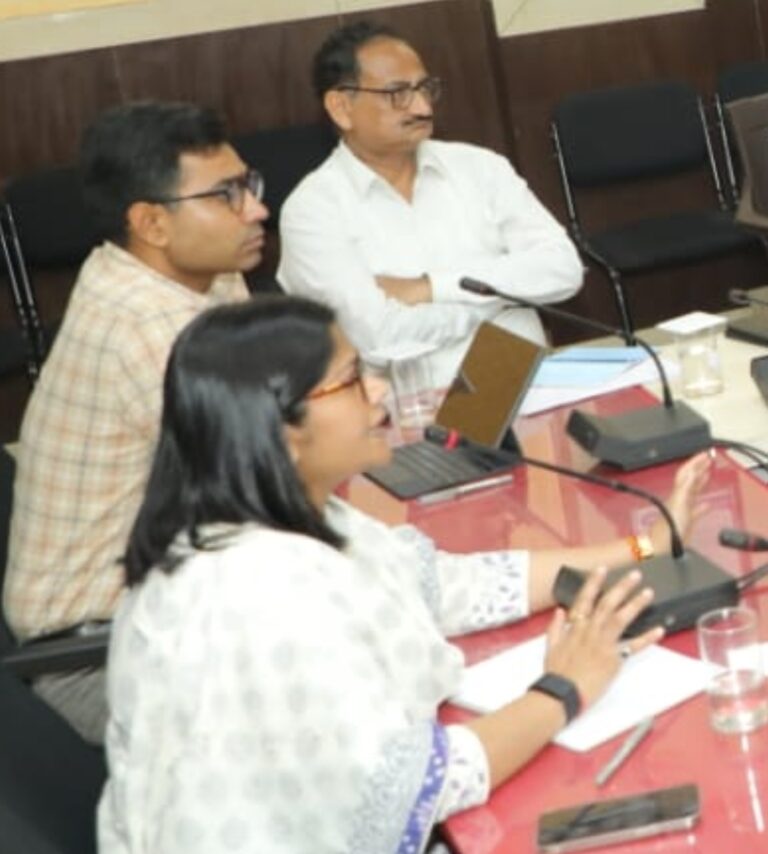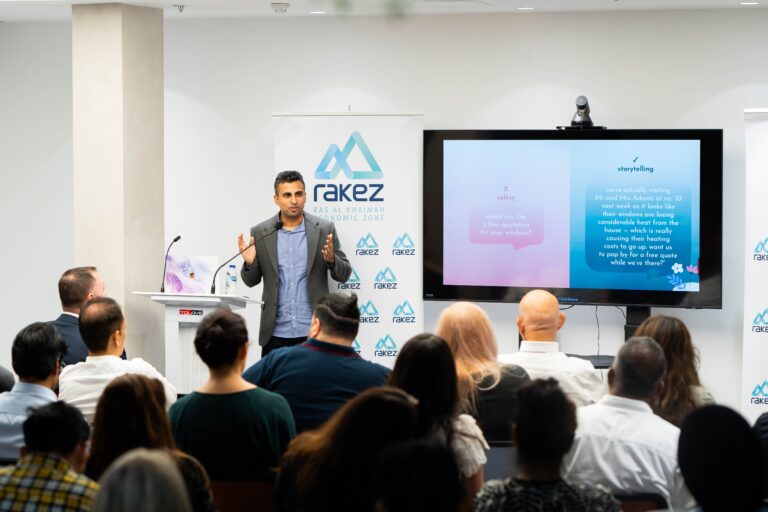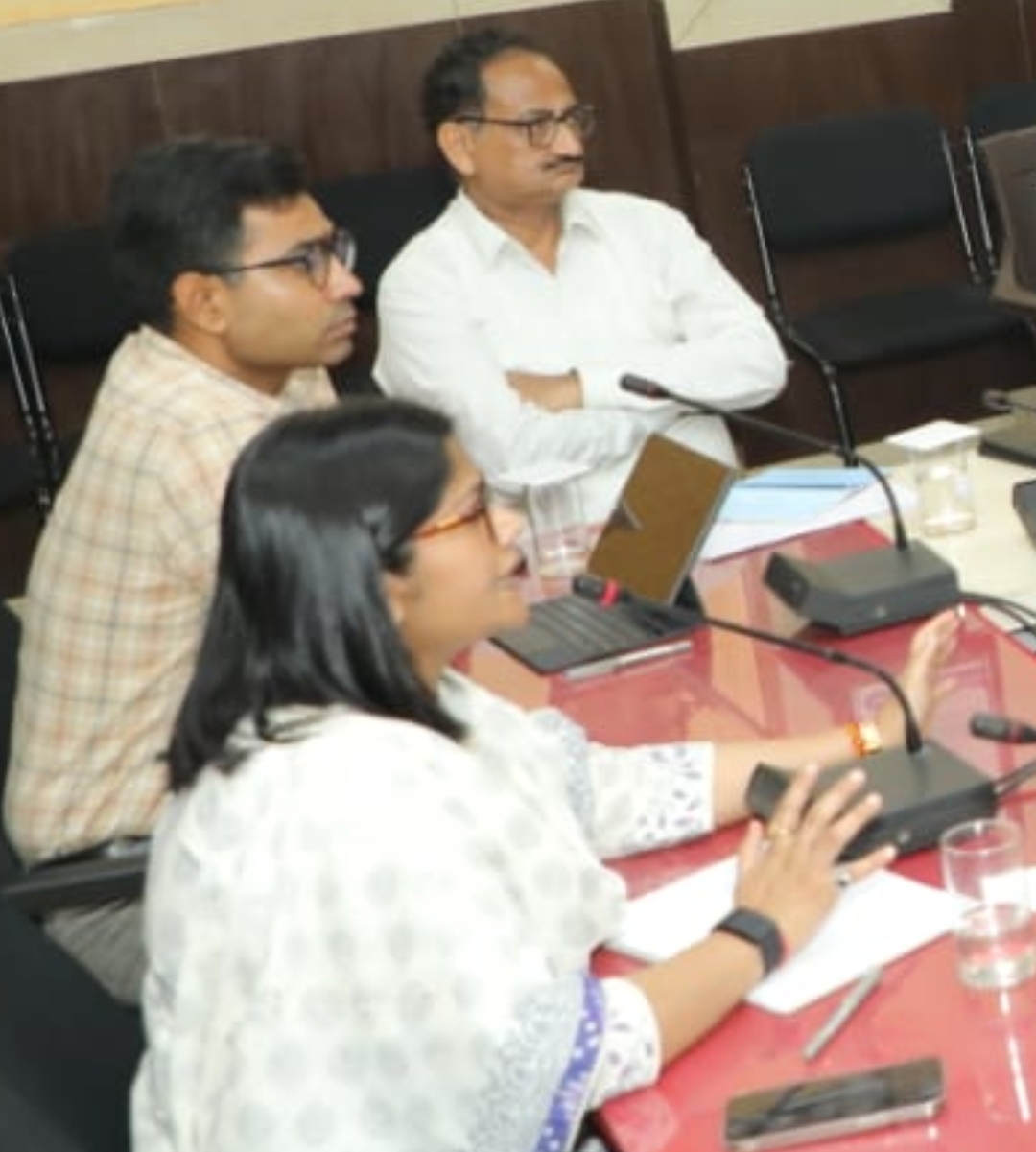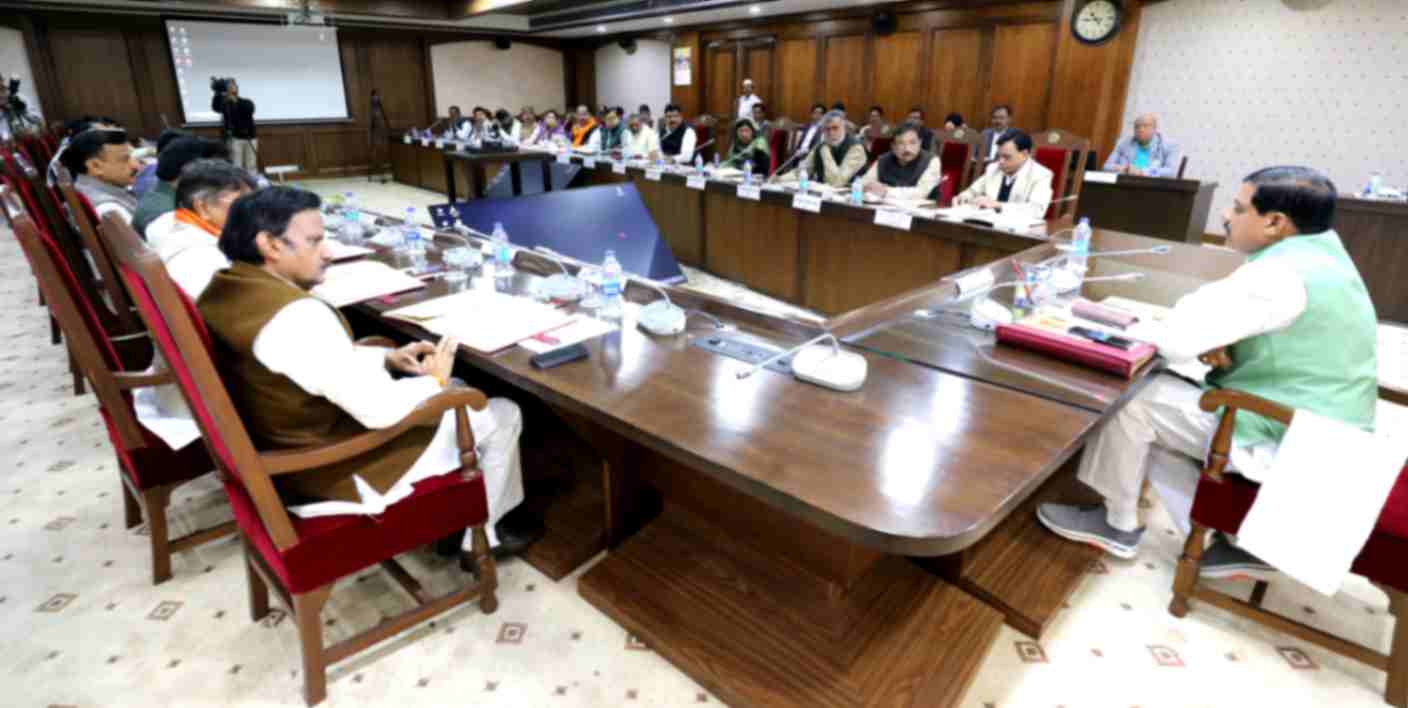Beyond Indenture: The Exploitation of Women and Children in the British Colonial Girmitiya System
The Girmitiya system, synonymous with indentured labor, transported millions of Indians to British colonies like Fiji, Mauritius, Trinidad, and Guyana during the 19th century. While the harsh realities faced by Girmitya laborers are well-documented, this report sheds light on a specific and often-overlooked aspect of the system – the exploitation of women and children.
This report delves into the documented and anecdotal evidence of how women and children were recruited, transported, and subjected to brutal treatment within the Girmitiya system. It highlights the additional vulnerabilities they faced due to their gender and age, and exposes the systemic flaws that facilitated their exploitation.
The Girmitiya System and its Dark Legacy
The abolition of slavery in 1833 created a labor shortage in British colonies heavily reliant on plantation agriculture. The Girmitiya system emerged as a solution, promising a fixed term of indentured labor in exchange for passage and wages. However, the reality was far from idyllic. Girmitya laborers faced grueling work, harsh living conditions, and a system designed to maximize profit at the expense of human dignity.
The Recruitment Web: Deception and Coercion.
The recruitment process for Girmitiya laborers was rife with exploitation. British recruiters, often working through intermediaries known as “arkathia”s, targeted vulnerable populations in India – particularly those facing poverty, famine, or debt. Promises of a better life, high wages, and comfortable living conditions were often blatant lies.
Women and children were particularly susceptible to these tactics. Wives desperate to support their families or young girls lured by promises of education or marriage might be tricked into signing contracts they didn’t understand. Deception and coercion were rampant, and families were often separated under the guise of “single men only” policies (though these were often selectively enforced).
The Perilous Journey: A Breeding Ground for Abuse
The voyage across the vast oceans was a harrowing ordeal for all Girmitiya laborers. Overcrowded and unsanitary conditions on ships led to outbreaks of disease. Women and children were especially vulnerable to sexual harassment and assault by crew members or fellow passengers.
The long journey served as a microcosm of the power dynamics that would define their lives in the colonies. Women and children, with limited mobility and communication skills, were particularly susceptible to abuse with little hope of recourse.
Life on the Plantation: Gendered Exploitation
Upon arrival in the colonies, Girmitiya laborers faced a brutal reality. Long hours of backbreaking labor in the scorching sun, coupled with inadequate food and housing, took a heavy toll.
However, women and children faced additional hardships:
Gender-Specific Labor: Women were often assigned lighter tasks like weeding or processing sugarcane, but these tasks were no less arduous. They were expected to fulfill their labor quota while also managing childcare and domestic duties.
Sexual Exploitation:Women were particularly vulnerable to sexual harassment and assault by plantation overseers and male laborers. The power imbalance made it difficult for them to report these crimes, and many suffered in silence.
Child Labor: Despite official restrictions, children were often forced to work alongside their parents, hindering their education and growth. The harsh conditions took a significant toll on their health and well-being.
The System’s Flaws: Perpetuating Exploitation
The Girmitiya system itself was inherently exploitative, but specific elements further disadvantaged women and children:
Debt Bondage: The indenture system trapped laborers in a cycle of debt. The high cost of passage, coupled with inflated store prices on plantations, ensured that many laborers remained indebted for their entire contract period. Women, who often earned less than men, were particularly burdened by this system.
Limited Legal Protection:The legal system in the colonies often favored the planters. Women and children, lacking knowledge of local laws and often unable to communicate effectively, had little recourse when faced with exploitation or abuse.
The Breakdown of Family Structures: The separation of families during recruitment and the harsh working conditions on plantations eroded family structures. This further weakened the support system for women and children, making them more vulnerable.
The Long Shadow of Trauma: Psychological and Social Impacts
The Girmitiya system left a lasting scar on the lives of women and children who endured it. The experience led to:
Post-Traumatic Stress Disorder (PTSD):The constant fear, abuse, and harsh conditions likely caused PTSD in many Girmitiya women and children. The psychological scars of the experience could have been passed down through generations.
Sunil Goyal: Writer is an research scholar and a freelance journalis






